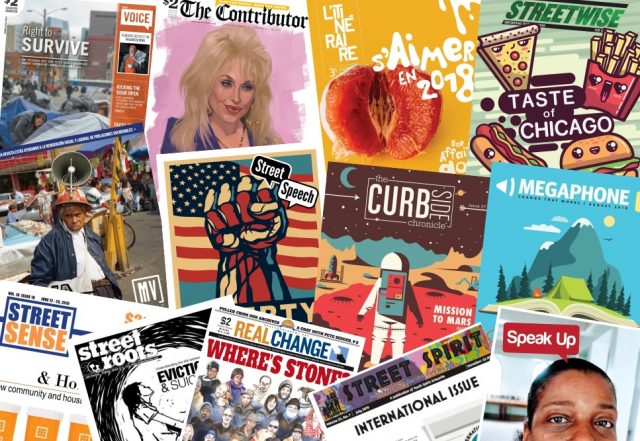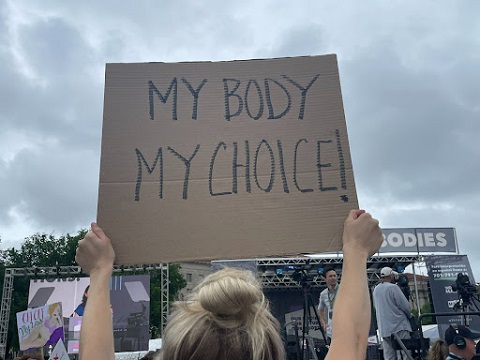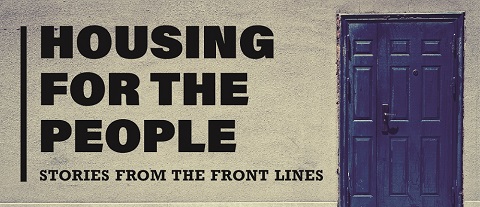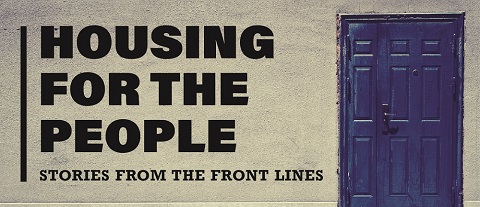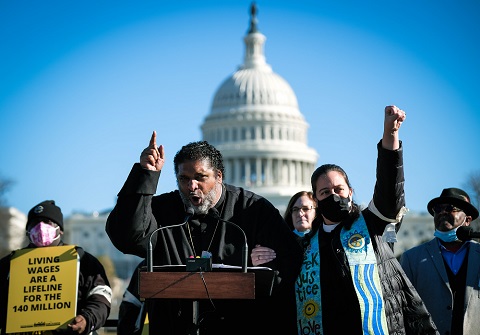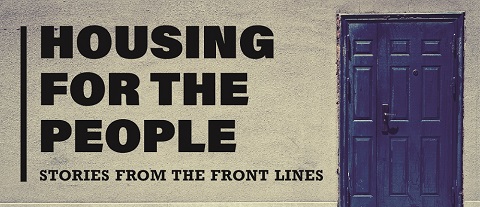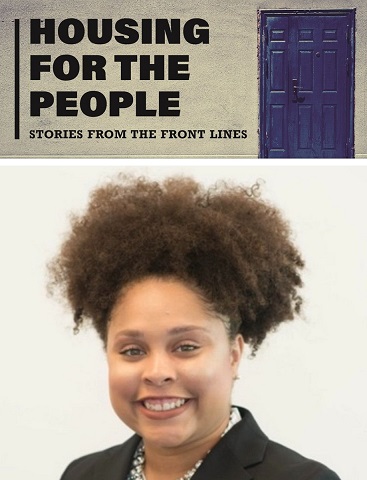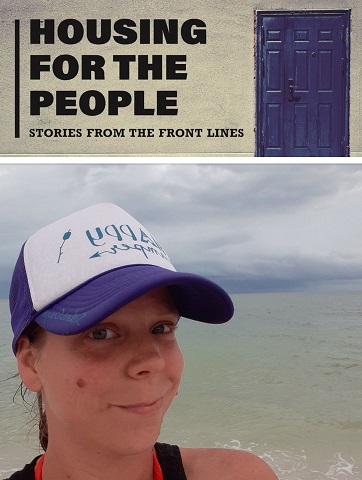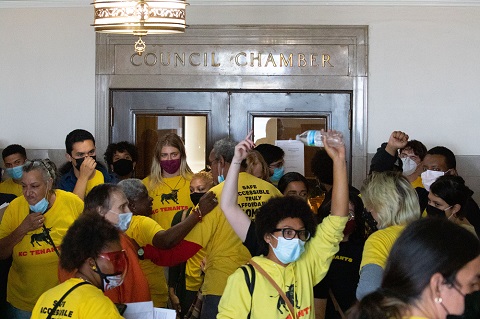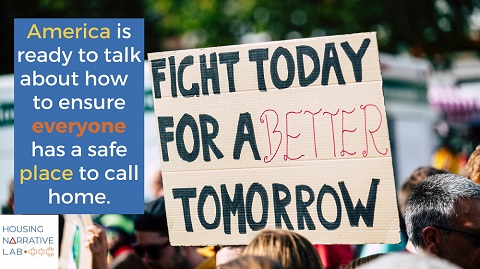By Rokia Hassanein, Street Sense
The experience of suffering from poverty in Pakistan has never left restaurant owner Kazi Mannan. He says he carries it with him every day, as he opens the doors of Mayur Kabab House on K Street NW. This is a place patrons from Washington’s D.C.’s homeless community can eat for free.
“I experienced – even though I wasn’t homeless – the poverty, the lack of a lot basic necessities,” Mannan says. He describes walking miles to attend elementary school classes taught under a tree as there was no school building.

He came to the U.S. in 1996 with only three dollars to his name, given to him as a farewell gift when leaving Pakistan. By working long hours on low wages he saved enough to open his own limousine business, the success of which allowed him to start the Mayur Kabab House. “This was my dream [to own a restaurant], he says. “But when you have something, then you make sure that you will share.”
Mannan welcomes any homeless guests warmly and makes a point of trying to chat with everyone. Providing comfort and respect is just as important to him as providing quality food. He describes the food itself as healthy and simple: no different than his own meals.
“I believe strongly, through my faith, that I’m supposed to share with others, and I will not be poor because I share,” says Mannan. “I can say, hey if there are 60, 80 people coming, my door is open. I’m going to treat you exactly how I treat any other paying customer.”
Since November last year, he has been preparing extra food at Sunday lunchtime to distribute at a nonprofit day program in Georgetown.
“He was really a lifesaver,” says Titilayo Adegoke, a program manager for Georgetown Ministry Center. “Usually the people that came [for food] on weekends… we’d have nothing for them and some stopped coming.”
Georgetown Ministry Center, which was founded in the 1980s after a homeless man froze to death in the neighbourhood, provides showers, laundry facilities, computer access and a place to relax each day of the week. Case management is offered on weekdays and donated meals are distributed whenever available through loose partnerships with churches and other charitable organisations.
“But every place is closed on Sunday,” explains Adegoke. “One church is open, but they only do dinner. For breakfast and lunch we’d have nothing. [Kazi] was really like a blessing, giving our guests hope. Now everyone knows that we have lunch on Sundays.”
Because of Mannan ideals of sharing, an average of 45 homeless men and women eat lunch at Georgetown Ministry Center on the weekends. He has never missed a Sunday, according to Adegoke.
“I’m very fortunate that I can offer this,” says Mannan. “I’m not afraid if I’m going to be broke or anything because I don’t give anything from me; it comes from God. God provided me, and I’m just sharing it.”
He admits his faith has re-shaped his definition of wealth beyond money. To Mannan, it comes in the form of health, family and friends. “That’s your wealth,” he says “When someone comes, you don’t look at their clothes, you look at their heart, and you welcome them with your heart.”
A team of volunteers has organically grown to help with the Sunday distributions and provide additional food and beverages at Georgetown Ministry Center. The more people who hear about Mannan’s story, the more who come forward to ask him how they can help.
“Social media has been the greatest thing ever,” he says. “I don’t personally need any recognition. But the more reach I get, the more people I mobilise. It makes me feel very, very blessed.”
Outside of local volunteers, Mannan has also been contacted by national and international student groups to share his experience and motivate youth. Most recently, a group traveled from Boston to hear his story. He especially wants people who listen to feel empowered to positively shape the world. “You can do it,” he says. “You can help. You don’t have to be filthy rich to donate. You can donate love.”
Although many homeless customers tell Mannan they feel blessed to eat at Mayur Kabab House, he says that helping them brightens his own day. He doesn’t know of any other District eateries that operate like this, but has encouraged fellow restaurant owners to try it.
“Just be open,” Mannan says. “See how God will bless you more.”
Courtesy of Street Sense / INSP.ngo




